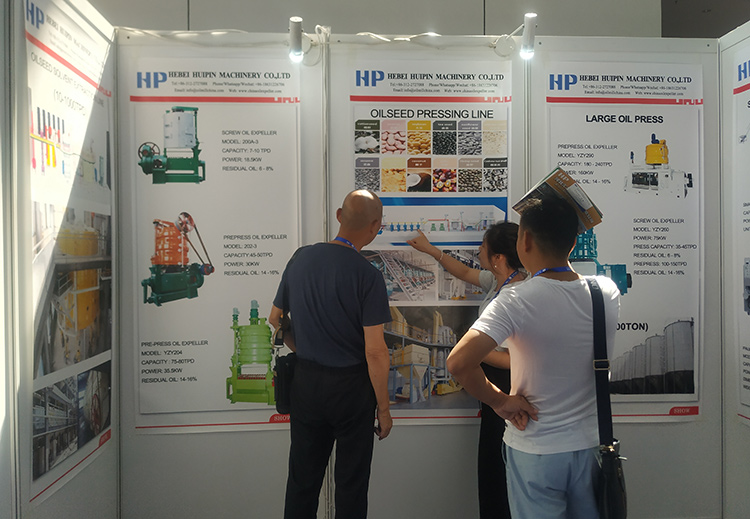Sep . 22, 2024 09:33 Back to list
cottonseed oil refining unit factory
Cottonseed Oil Refining Unit An Overview
Cottonseed oil, derived from the seeds of cotton plants, is a versatile and widely used vegetable oil in various food, industrial, and cosmetic applications. With the increasing demand for high-quality edible oils, the refining of cottonseed oil has gained significant attention. A cottonseed oil refining unit is designed to transform crude cottonseed oil into a more stable, palatable, and market-ready product.
The refining process typically involves several key stages degumming, neutralization, bleaching, and deodorization. Each stage plays a critical role in enhancing the oil's quality by removing undesirable components such as phospholipids, free fatty acids, pigments, and odoriferous substances.
1. Degumming The initial step involves removing phosphatides and other impurities formed during oil extraction. This is achieved by adding water or acid to the crude oil, which facilitates the separation of these unwanted substances. The degummed oil is now ready for further refinement.
2. Neutralization During this process, free fatty acids are neutralized using an alkali like sodium hydroxide. This stage not only improves the oil's flavor and safety but also helps in reducing its acidity. The resultant neutralized oil is separated from the soapstock produced in this step, ensuring a higher quality product.
cottonseed oil refining unit factory

3. Bleaching The bleaching process is crucial for improving the color and clarity of cottonseed oil. Activated bleaching earth or carbon is used to adsorb pigments and other impurities. This step not only enhances aesthetic appeal but also reduces oxidative stability, prolonging the shelf life of the oil.
4. Deodorization Finally, deodorization is performed to remove volatile compounds that contribute to undesirable odors and flavors. This process typically involves steam distillation under vacuum conditions, ensuring that the oil retains its neutral flavor profile and is suitable for cooking and frying applications.
The establishment of a cottonseed oil refining unit presents numerous advantages, including the potential for increased profitability through higher-quality products and meeting consumer demands for healthier oils. Additionally, refined cottonseed oil is often preferred in the food industry due to its stability at high temperatures and mild flavor, making it an ideal choice for frying and salad dressings.
In conclusion, a cottonseed oil refining unit plays a vital role in the edible oil supply chain. By refining crude cottonseed oil through degumming, neutralization, bleaching, and deodorization, manufacturers can produce a high-quality product that meets market demands and contributes to better health outcomes. As consumer preferences continue to evolve, the importance of efficient and effective refining processes will only grow, making these units indispensable in the vegetable oil industry.
-
LZY-206 Twin-Screw Cold Press: Efficient Oil Extraction
NewsAug.04,2025
-
Professional Safflower Oil Press Service | AI-Efficient
NewsAug.03,2025
-
HP290 First Press Oil Expeller Machinery: Efficient Oil Extraction
NewsAug.02,2025
-
Top Food Oil Refined Unit Companies w/ GPT-4 Turbo Tech
NewsAug.01,2025
-
Premium Black Seed Oil Expeller - High Efficiency Cold Press Oil Machine
NewsJul.31,2025
-
Oil Processing Equipment - High-Efficiency Flaking Machine
NewsJul.25,2025
